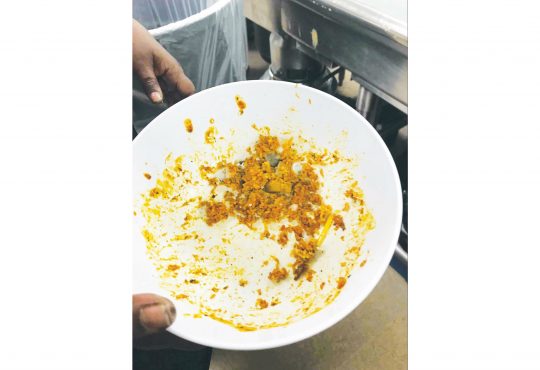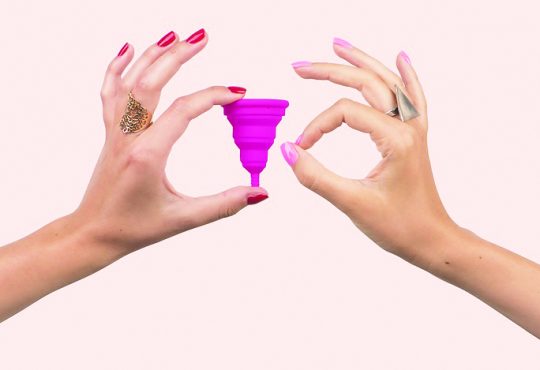Why bottled water? This question will be posed every time you reach for one of those big plastic Puget Sound water bottles in the S.U.B. In mid-March, Students for a Sustainable Campus will be replacing the labels on bottled water with a simple but bold label that asks, “Why Bottled Water?”
Annie Bigalke, SSC officer and campus sustainability coordinator, said that this change is part of the Why Bottled Water Campaign that aims to get the campus community to evaluate why they buy bottled water over drinking tap water when there is a great amount of waste associated with bottled water.
The first step to the process of transforming bottled water on campus was the removal of the small-sized water bottles in order to encourage people to reuse the larger bottles instead of buying and disposing of several small ones.
Bigalke said that the plastic water bottles on campus don’t leach, so even though they look like disposable bottles they are actually reusable. Sarah Plummer, an officer for SSC, said that awareness is important “especially here, where the tap water is so good, it’s such an easy option that people don’t necessarily take into consideration.” SSC’s hope is to ultimately remove bottled water from campus, but for now they are taking smaller steps.
“We chose to do new labels instead of taking them out right away so that we could use them as an educational opportunity and tell the community that we want to take the water bottles out, but we want you to understand why we’re doing this,” Bigalke said.
Plummer said that this project is one that students have been working on for about two years and that finally came to fruition when a resolution passed with ASUPS last semester. “There’s a great support system for projects like this,” Bigalke said; in addition to students, several faculty members are involved in the campaign, and even President Thomas contributed to label design ideas.
Puget Sound goes through about 10,000 large water bottles every year, a number that is difficult to comprehend.
“Within the University of Puget Sound campus we think of ourselves as a ‘bubble’, as if nothing can harm us,” Nick Cochran, president of the Ocean Intellect club, said. “Yet outside in nature and common society we are at the hands of terrible beasts; as the oceans fill with plastics, gyres circulating masses of debris, we cannot begin to comprehend the amount of destruction ahead if we continue with such living habits … your next plastic source may be a sea turtle’s next lunch.”
Plummer said that while there is a lot of interest in doing sustainability projects that are more “political or drastic,” the follow-through isn’t necessarily feasible. However, she said, “this is something where we’ve seen it does take a long time, but it pays off and is totally worth it.”
So far, SSC hasn’t seen much backlash from their attempt to transition Puget Sound into a campus that is independent of plastic water bottles.
However, they recognize that unfavorable reactions could arise from the complete removal of water bottles. Customers, for example, like visiting students, parents and faculty who may not have a reusable water bottle in close proximity will be unable to buy bottled water in the future.
Another upcoming sustainability project on campus is the collaboration between the city of Tacoma and Puget Sound for the implementation of an InSinkErator, a giant food disposal, in the cafeteria that will be used to process food waste. This waste will then be sent to a waste facility and converted into compost that will be used in campus gardens.
“It’s a really great opportunity for people to reuse and take something that would have been wasted and thrown away and be used in a way that can be beneficial,” Plummer said.
Perhaps you have an answer to the question “why bottled water?” and perhaps you don’t, but SSC poses this question to force students into making the conscious decision between taking that bottle with them and putting it back down.


